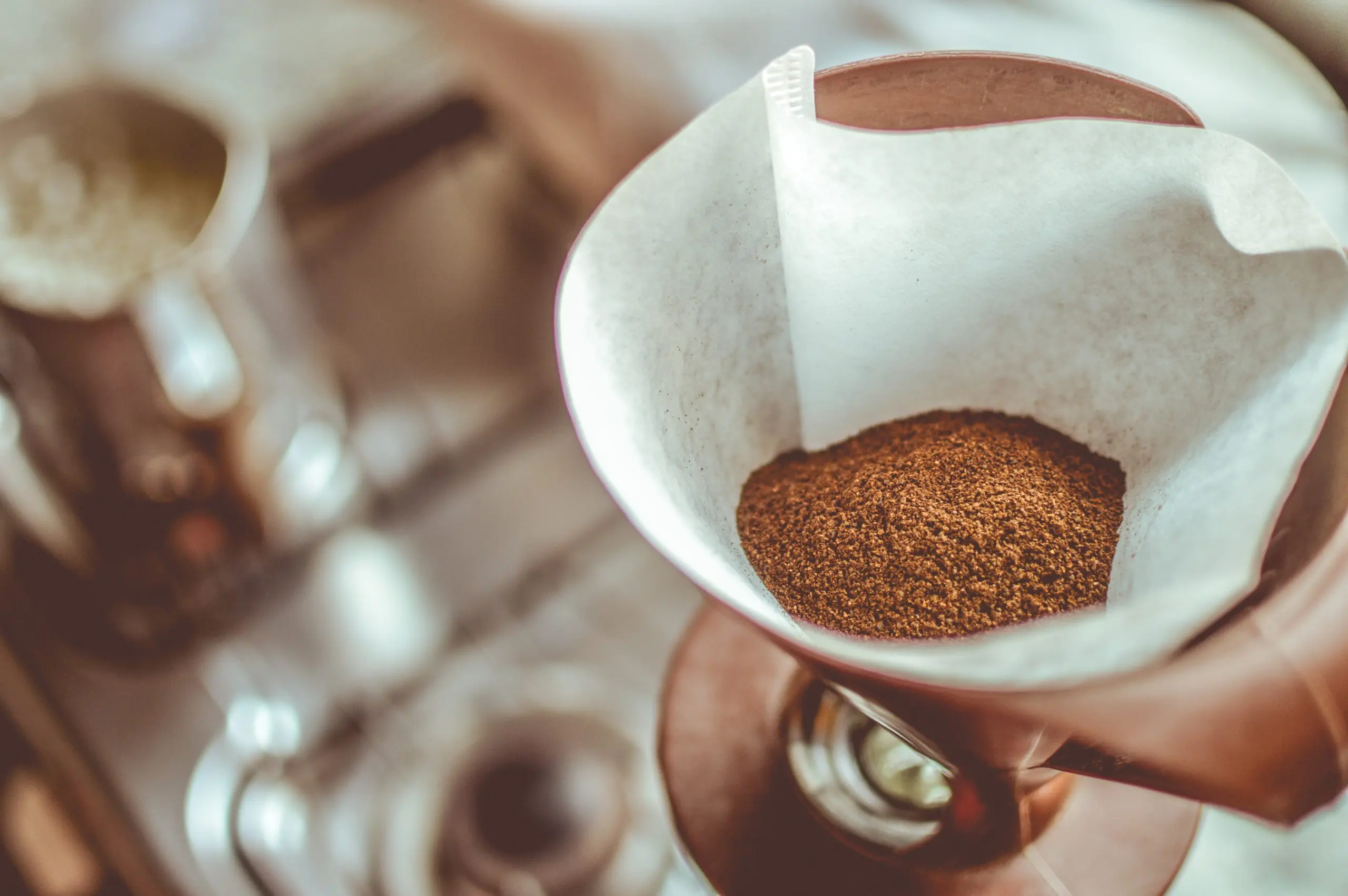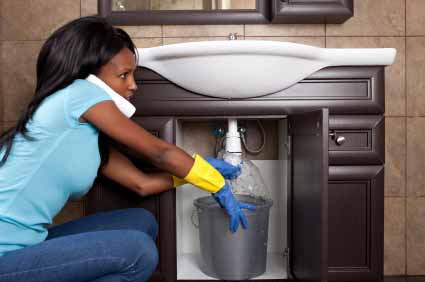We've stumbled upon this post pertaining to Can Coffee Grounds Go Down the Drain or Sink? listed below on the net and figured it made good sense to share it with you over here.

If you're a devoted coffee drinker, you could be questioning the very best means to take care of your coffee premises. While it may seem practical to clean them down the sink, this practice can bring about numerous issues for both your plumbing and the setting. In this article, we'll explore whether it's risk-free to put coffee grounds down the sink and talk about different disposal techniques to think about.
Alternatives to Disposing of Coffee Grounds
Garbage Disposal
If you don't have a composting arrangement, one more alternative is to just toss your coffee grounds in the trash. Make certain to seal them in a compostable bag or container to avoid odors and leakage. While this approach doesn't use the very same environmental benefits as composting, it's a risk-free and hassle-free means to get rid of coffee premises.
Composting
One environmentally friendly choice for disposing of coffee grounds is to compost them. Coffee grounds are rich in nitrogen, making them an outstanding addition to compost piles or bins. As they break down, they add nutrients to the soil, improving its fertility and texture.
Risks of Putting Coffee Grounds Down the Sink
Plumbing Issues
One of the primary concerns with getting rid of coffee grounds down the sink is the danger of obstructing your pipes. Coffee grounds do not liquify in water and can gather in time, forming a thick sludge that can obstruct drains pipes and cause expensive plumbing fixings.
Environmental Impact
Past the possible damage to your plumbing, placing coffee premises down the sink can likewise harm the setting. When cleaned right into the sewage system, coffee premises can contribute to blockages in sewer lines and therapy facilities. Additionally, the high focus of organic matter in coffee grounds can diminish oxygen degrees in waterways, adversely affecting marine life.
Tips for Proper Disposal
Regular Maintenance
Despite exactly how you pick to deal with your coffee grounds, it's vital to maintain your plumbing on a regular basis. Set up routine drain cleanings to remove any buildup and ensure that your pipes remain clear and free-flowing.
Utilize a Sink Strainer
To stop coffee grounds from entering your sink's drain in the first place, think about using a sink strainer. These low-cost tools catch solid particles, including coffee premises, preventing them from causing blockages.
Conclusion
While it might be appealing to clean coffee grounds down the sink for ease, doing so can have severe consequences for your plumbing and the setting. Rather, consider composting your coffee premises or getting rid of them in the trash. By taking on responsible disposal techniques, you can enjoy your coffee guilt-free while minimizing your environmental footprint.
Can Coffee Grounds Clog Your Drains?
It is not surprising that individuals are seeking ways to be more environmentally friendly and sustainable, given the standard of cleaning in use today. You may find information on the benefits of coffee grounds in most articles. After all, we enjoy coffee so much that we may also use the coffee grounds. Coffee grounds are environmentally friendly and can undoubtedly improve our cleaning methods, whether they are used as fertilizer or an air purifier. But there is still one question: Can coffee grounds clog your drains?
Discover the pros and cons of disposing of coffee grounds in the sink in this article and whether it’s a wise decision. Consider all the alternatives, including the possibility of a clogged drain. We will therefore assist you in weighing your options if you have coffee grounds lying around in your cupboard.
Do coffee grounds clog drains?
To put it simply, coffee grounds can clog drains. Contrary to popular opinion, coffee grounds are less helpful than harmful when cleaning your home’s drains. Therefore, even while coffee grounds may seem simple to flush down the toilet, they could also get caught quickly and require extensive cleaning or unclogging. In actuality, one of the most obvious causes of clogged drains is coffee grounds. They cause drain clogs in a similar manner to how fat and cooking oil do. They could accumulate over time and eventually take on a certain texture that clogs your drains.
What are other uses there for coffee grounds?
What are we going to do with our remaining coffee grounds now that we know that coffee grounds clog drains? You could use it as compost for your plants, I suppose. They can also be used as fertilizer to help your plant grow better. Additionally, they are an excellent technique to remove contaminants from your inner environment. You may also use coffee grounds to increase the blood flow to your skin if you’re a skincare obsessive. Additionally, you may use them as an excellent natural cleaning scrub instead of spending money on body scrubs.
Your unused coffee grinds could be used in a variety of ways. Given that we also want to create an atmosphere that is much more sustainable, we do not advise you to toss them out. Because of this, even though coffee grounds and sink drains don’t mix, now is the ideal moment for you to explore alternative uses for your coffee grounds.
What to do if coffee grounds are clogging your sink drain
What are you going to do if your sink drain is clogged, for example? First of all, don’t get alarmed. Be sure to inspect the region and then make as much note of the problems as you can. Then, make a professional plumbing team call to assist you. If you live in NYC, be well prepared because the prices of hiring professionals are much higher, our consultants have prepared an article for you about the costs of living in NYC. However, there are circumstances in which expert assistance is not necessary. Therefore, if you believe that the problem at hand is straightforward and your sink drain is stopped, you can try the following steps:
- Boiling water can be used to remove a blockage.
- Check to see if the clogging is related to your garbage disposal.
- If possible, use a sink plunger to remove the obstruction.
- To soften the accumulation that causes the blockage, use baking soda and white vinegar.
- If a blockage continues, manually clean the pipes.
When to call a professional plumber
Bad smells, leaks, or many water lines backing up are indications that you need to contact a reputable plumbing service to fix the issue.
While a simple unclogging can be accomplished with a sink plunger, other problems call for professional assistance. It’s essential to consult a professional if, for instance, the accumulation in your sink drains affects how well the drainage system functions. Particularly if the grounds have been collected for more than a year, it is not an easy process. Additionally, bad smells, leaks, or many water lines backing up are indications that you need to contact a reputable plumbing service to fix the issue. When it comes to their domestic plumbing needs, it’s also crucial to work with a business that provides a comprehensive solution.
https://raytheplumber.com/uncategorized/can-coffee-grounds-clog-your-drains/

As a devoted person who reads on Can You Put Coffee Grounds in the Sink Garbage Disposal?, I think sharing that piece of writing was really useful. Enjoyed our blog? Please share it. Help other people discover it. Thank you so much for going through it.
Visit Site


